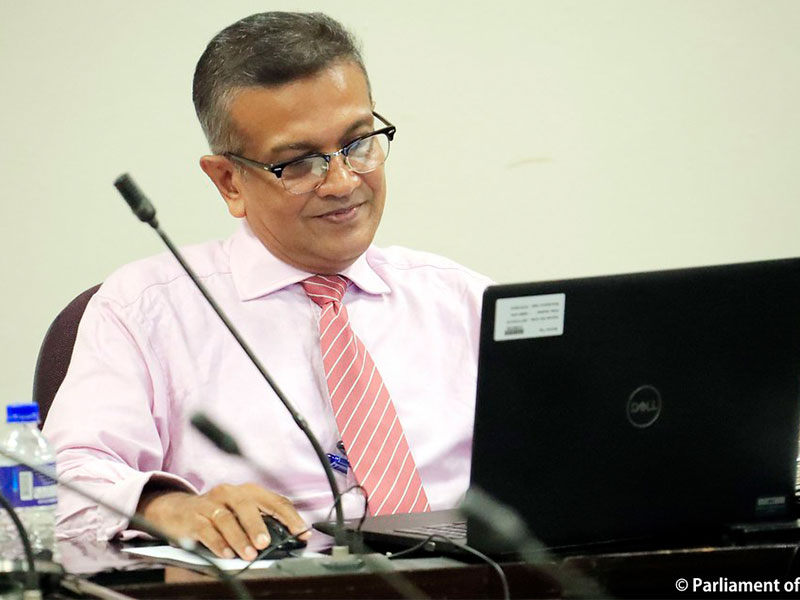The year 2024 presents a critical juncture – a chance to rise from the ashes of crippling debt and endemic corruption or risk further descent into despair. The newly minted Anti-Corruption Act (ACA) serves as a glimmer of hope, a potential phoenix heralding a new era of transparency and accountability. However, scepticism clings to this nascent legislation, fueled by years of unfulfilled promises and deeply ingrained corrupt practices.
The ACA equips the Commission to Investigate Allegations of Bribery or Corruption (CIABOC) with a potent arsenal. Its mandate expands beyond mere investigation, encompassing the development of anti-corruption strategies, prevention efforts, and prosecution of offenses across both public and private sectors. Additionally, fostering cross-government collaboration will be crucial to dismantling the intricate web of graft that has strangled Sri Lanka’s progress.
Yet, the success of this transformative endeavour hinges on CIABOC’s leadership. Under the helm of Justice Neil Iddawala and Commissioners Goonesekera and Rajapakse, the commission faces the monumental task of translating lofty ambitions into tangible results. The IMF’s recommendation for immediate anti-corruption measures within revenue departments adds further pressure, demanding swift action on internal oversight, robust sanctioning systems, and strengthened ties with CIABOC.
Financial autonomy granted by the ACA, allowing CIABOC to directly submit budgetary requests to Parliament, offers a vital weapon in this battle. But transparency remains paramount. The mandated publication of an 18-month action plan for implementing the ACA demands clear delineation of responsibilities, authorities, and accountability mechanisms. This crucial roadmap will hold the government’s feet to the fire, ensuring genuine efforts and not mere lip service.
However, optimism must be tempered with realism. Critics point to a historical graveyard of ineffectual anti-corruption laws, rendered powerless by weak enforcement and political machinations. Transparency International Sri Lanka (TISL) acknowledges the ACA’s positive provisions but cautions against the pitfalls of history. Opposition leader Dissanayake echoes this sentiment, highlighting the selective pursuit of “small fish” while bigwigs swim free in a sea of impunity. He cites the dismal prosecution record, where cases filed evaporate mid-air, raising a chilling spectre of political influence stifling justice.
Sri Lanka’s ranking on Transparency International’s Corruption Perceptions Index paints a bleak picture. Its score, stagnant for a decade, reflects a deeply entrenched culture of graft. The plight of whistleblower Thushan Gunawardena, forced to flee the country after exposing alleged ministerial malfeasance, epitomizes the chilling effect corruption has on accountability.







